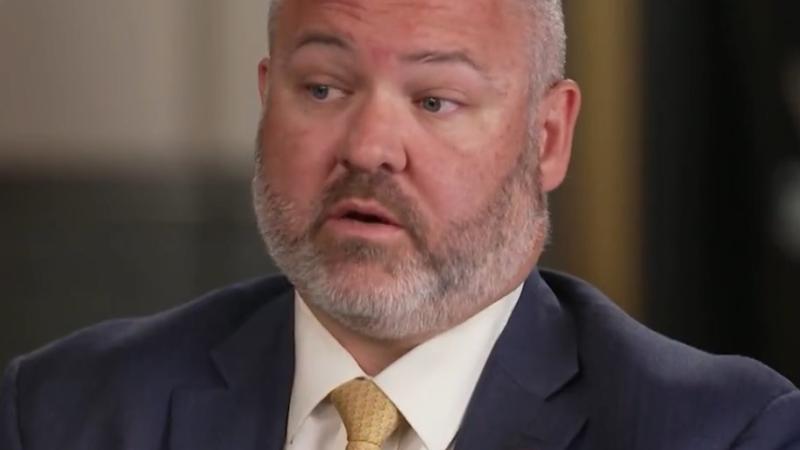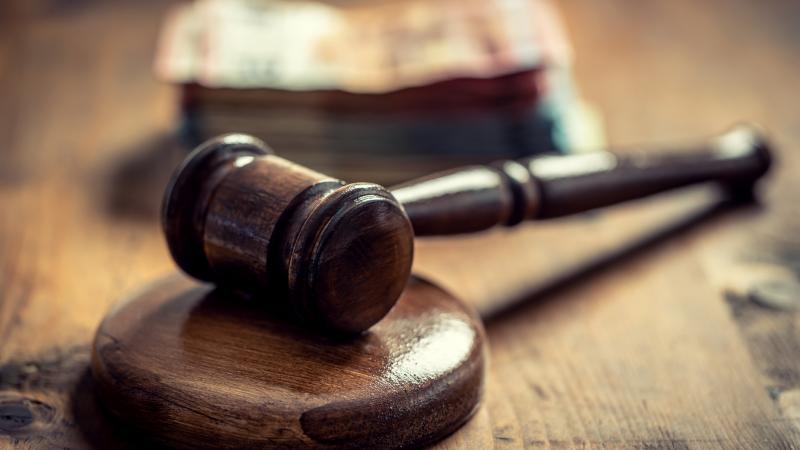Seven hot-button questions FBI Director Wray will likely face at House Judiciary Committee hearing
Wray testifies during an FBI oversight hearing in the House Judiciary Committee
FBI Director Christopher Wray faces criminal pressing questions Wednesday about how his agency has handled several critical matters over the past several years related to national security, Americans' civil liberties, whistleblowers, and – perhaps most importantly – whether the country's premier law enforcement agency has become overly politicized.
Wray arrives on Capitol Hill on the heels of two of the most politically charged episodes in recent U.S. history – public testimony from former special counsel John Durham about the origins of the FBI's so-called "Russia collusion" probe and whistleblower testimony from Internal Revenue Service (IRS) investigators about the Justice Department's handling of the Hunter Biden probe.
Here is a series of questions Wray will likely be asked during his testimony before the House Judiciary Committee:
1. Durham concluded in his probe the FBI lacked sufficient evidence to launch the investigation into potential collusion between the 2016 Trump presidential campaign and Russia. Wray will likely be asked to describe the steps he's taken to prevent such a scenario from unfolding again.
2. A U.S. court revealed in May that the FBI "improperly searched for information in a U.S. database of foreign intelligence 278,000 times over several years, including on Americans suspected of crimes." The database was created under the Foreign Intelligence Surveillance Act's section 702, which is due for reauthorization by the end of this year.
Section 702 of FISA allows the U.S. intelligence community to collect, analyze and share foreign intelligence information about national security threats, according to the U.S. government. Wray should be asked why so many improper searches took place and to explain what he's done to stop it from happening since May.
3. The Justice Department shut down a program that was focused on countering Chinese espionage. Wray should be asked whether he agreed with the decision and if its shutdown has hampered efforts to prevent China's espionage.
4. Testimony from IRS whistleblowers recently made public by the House Ways and Means Committee alleged that the FBI was aware of the content on Hunter Biden's laptop in October 2019 but the agency waited months to turn the information over to investigators working on the case.
The presidential election between then-President Trump and Democrat Joe Biden, Hunter's father, was held on November 3, 2020. Lawmakers will likely ask Wray who made the alleged decision not to turn over the laptop content earlier and why the FBI leadership allowed the situation to drag out past the election.
5. The GOP-led House was prepared in June to hold Wray in contempt for not turning over an FD-1023 form that describes an FBI interview with a "confidential human source" related to Hunter Biden's overseas business dealings. House Oversight Committee Chairman James Comer had subpoenaed Wray in May to produce the physical document.
The contempt vote was ultimately postponed after Wray decided to allow key lawmakers to view the document. House Judiciary Committee Chairman Jim Jordan has vowed to press Wray on the matter. Wray will likely need to explain why it took so long to allow the document to be viewed and why he hasn't produced the physical document yet.
6. Critics of the FBI argue that the agency has become over-politicized and operates on a "two-tiered justice system," in which conservative Republicans are pursued by prosecutors who are soft on liberal Democrats. Committee members will likely want to know what Wray is doing to create an equal system of justice within the bureau.
7. FBI whistleblower testimony was delivered to the Select Subcommittee on the Weaponization of the Federal Government in May. Jordan has said he plans to ask Wray about steps he's taking to better protect whistleblowers from retaliation for coming to Congress.















